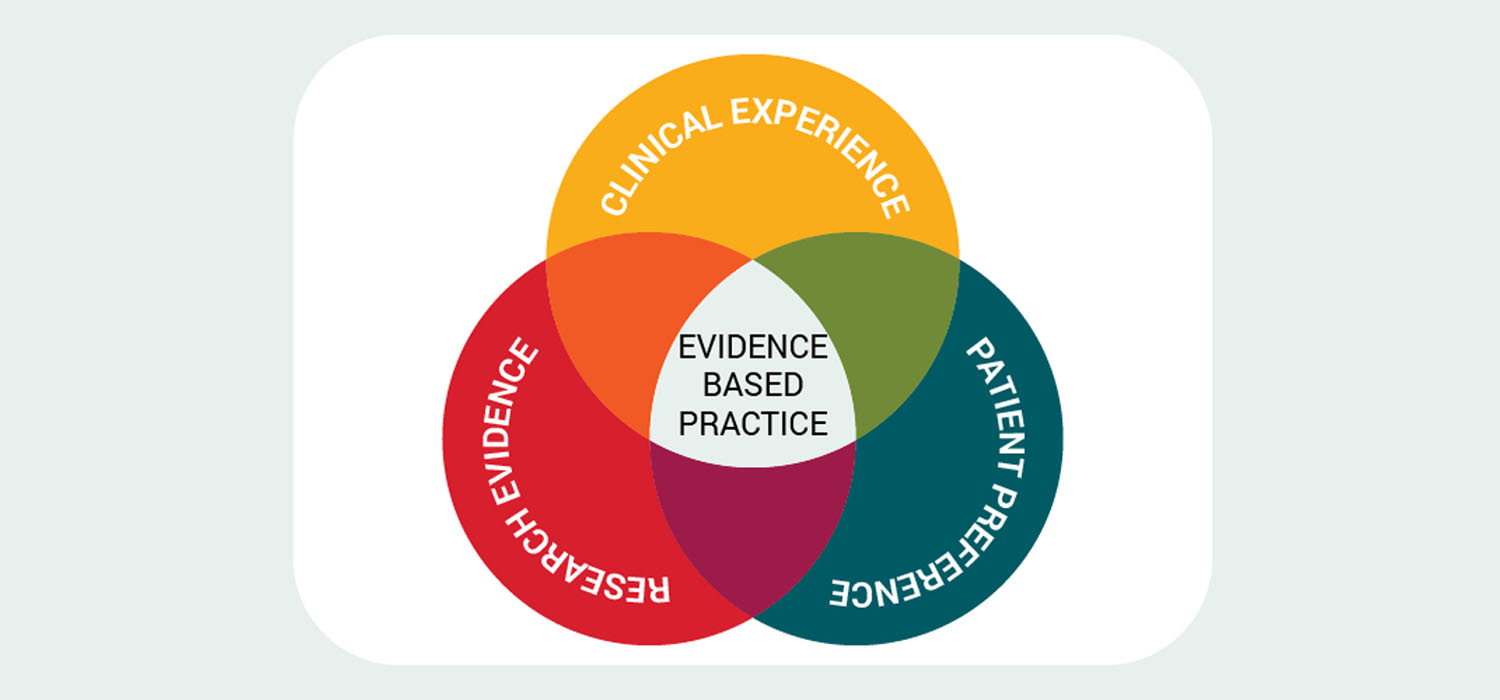Evidence based practice points in ART-1
ART is a fast developing, constantly updating technology. Newer interventions, investigations and treatments are being introduced at a rapid pace. The effectiveness of any such procedure must be borne out by proper clinical studies to be used as evidence-based practice.
There exist many controversial areas in clinical practice and some of them are enumerated below.
Pre-Implantation Genetic Testing (PGT)
PGT-A (PGT for aneuploidies), PGT-M (PGT for monogenic disorders) and PGT-SR (PGT for structural rearrangements) are the three components of PGT.
Evidence summary:
PGT for cleavage stage embryos which used FISH during previous years had a lower birth rate in women with advanced age.
PGT with newer CCS technologies (Comprehensive chromosome screening) along with trophectoderm biopsy has shown lack of benefit in women with good prognosis when compared to normal IVF.
There is a lack of trials comparing ART with and without newer technologies in women with recurrent implantation failure (RIF), recurrent pregnancy loss (RPL) and sever male factor infertility.
Practice point:
PGT can be currently offered only under research settings and after proper counselling to women with advanced age, RPL, RIF and severe male factor infertility.
Time Lapse Imaging (TLI)
TLI is a technology that permits visualization of the developing embryos without having to remove them from the incubator. Camera systems incorporated within the incubator allow for studying embryo morphokinetics in real time. There are also software algorithms that help in embryo assessment and selection.
Evidence summary:
Though TLI offers a promising tool for non-invasive method of assessing the embryos, there is no single morphokinetic parameter that is predictive of higher implantation potential.
Low quality evidence however suggests higher clinical pregnancy rates following usage of TLI when compared to conventional incubation.
Practice points:
It is unclear if the suggested benefits of TLI are due to undisturbed culture conditions or improved embryo selection.
Higher quality studies are needed to validate the effectiveness of TLI and evaluate its cost-effectiveness in routine clinical practice.
Pre-IVF screening hysteroscopy
Hysteroscopy can serve both diagnostic and therapeutic purposes and is being offered by some as a routine procedure before IVF.
Evidence summary:
In contrast to earlier studies that showed beneficial effects of screening hysteroscopy for RIF cases before IVF, recent systematic studies have shown no benefit that routine screening hysteroscopy betters the outcomes.
Current evidence does not support screening hysteroscopy before the first IVF.
Practice points
Hysteroscopy can be considered in select group of women with RIF, suspected intracavitary pathology or previous history of difficult embryo transfer.
Luteal support in IVF
COS (Controlled ovarian stimulation) in IVF cycles causes supraphysiological increase in steroid hormones, which subsequently cause a negative feedback on the hypothalamo-pituitary axis. This cause reduction in LH levels and can lead to luteolysis due to inability to sustain the corpus luteum and hence a luteal phase defect. Supporting this luteal phase with progesterone, hCG, GnRHa have all been tried in IVF cycles.
Evidence summary:
No route of progesterone supplementation-Vaginal/oral/Intramuscular route is superior for luteal phase support.
Oral progesterone is more patient friendly and equally effective.
Subcutaneous progesterone is also as effective as vaginal progesterone.
Practice points:
Since all routes of progesterone are equally effective, patient choice and comfort must be borne in mind while offering luteal support.
Vaginal micronized progesterone is often used, along with intramuscular progesterone.
Oral route is patient friendly and may find greater acceptance.
Addition of hCG for luteal support increases the risk of OHSS and must be avoided in high-risk women. Routine addition of hCG to progesterone must be avoided.
Use of GnRH agonists along with progesterone appears to be beneficial.
No evidence that adjuvants like sildenafil, aspirin, prednisolone, heparin are helpful in routine support of luteal phase.
Metformin pre-treatment in IVF
Metformin is an insulin sensitizer, used in women with PCOS. It is used in those women who are resistant to clomiphene and also prior to starting IVF in PCOS women to increase pregnancy rates and reduce the incidence of OHSS.
Evidence Summary
Use of metformin before IVF in PCOS women does not increase live birth rates.
Metformin may reduce the risk of OHSS in PCOS women undergoing IVF therapy & on long protocol. However, there is no clear evidence that it will reduce OHSS in the antagonist protocol. Metformin may be associated with increased pregnancy rates in women with PCOS with high BMI.
Practice points:
Metformin can be started three months before IVF in women with PCOS for whom the long agonist protocol is planned.
Metformin may not help women in whom antagonist protocols are used.
Metformin has gastrointestinal side effects and long-term use may cause vitamin B12 deficiency.
Freeze all strategy
This implies cryopreserving all the oocytes harvested/ embryos developed with the intention of transferring later when the uterus is appropriately prepared by HRT. This avoids the deleterious effects of supraphysiological levels of hormones during ovarian stimulation.
Evidence summary
Current evidence suggests that the freeze all and transfer later strategy reduces risk of OHSS when compared to fresh transfer.
Evidence is not clear regarding benefits of freeze all on cumulative birth rate compared to conventional IVF strategy.
Some evidence suggests higher pregnancy complications after using frozen embryos when compared to fresh transfers.
Practice points
Freeze all can be offered to women at high risk of OHSS. E.g.-PCOS Routine use of this strategy is not advised.
Long term peri-natal effects of frozen embryo transfer, its cost and implications must be considered before offering Freeze all to all.
For more info, Visit : www.medlineacademics.com
